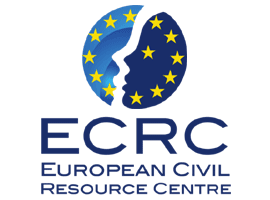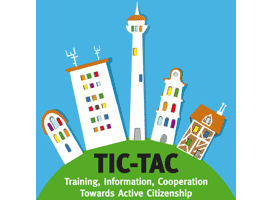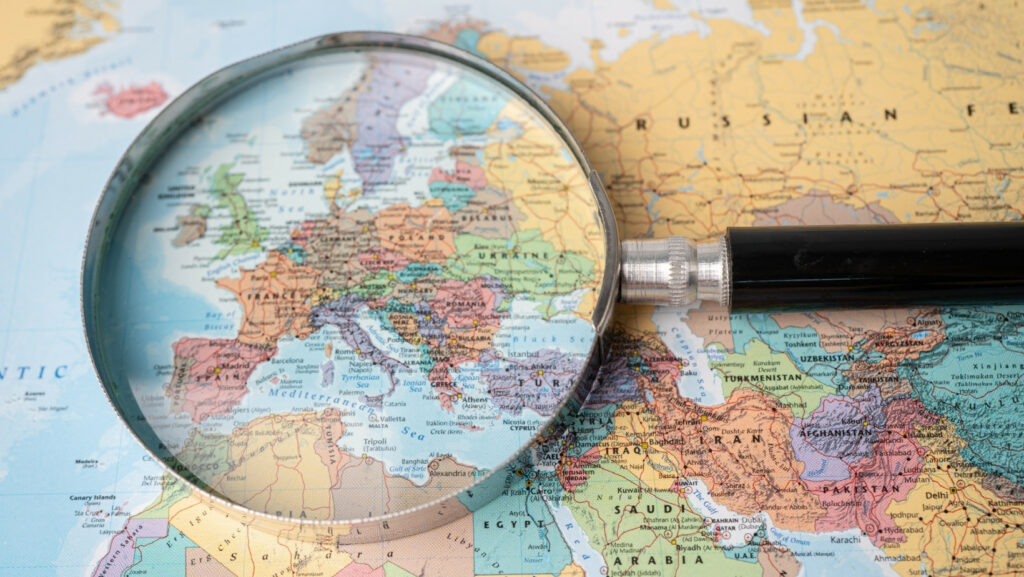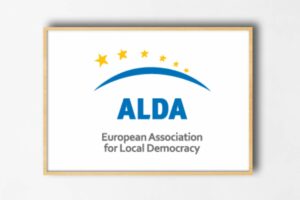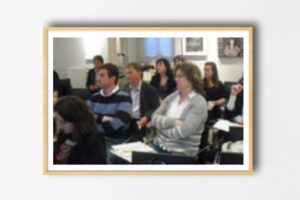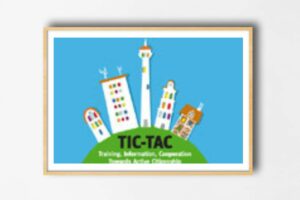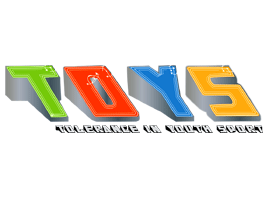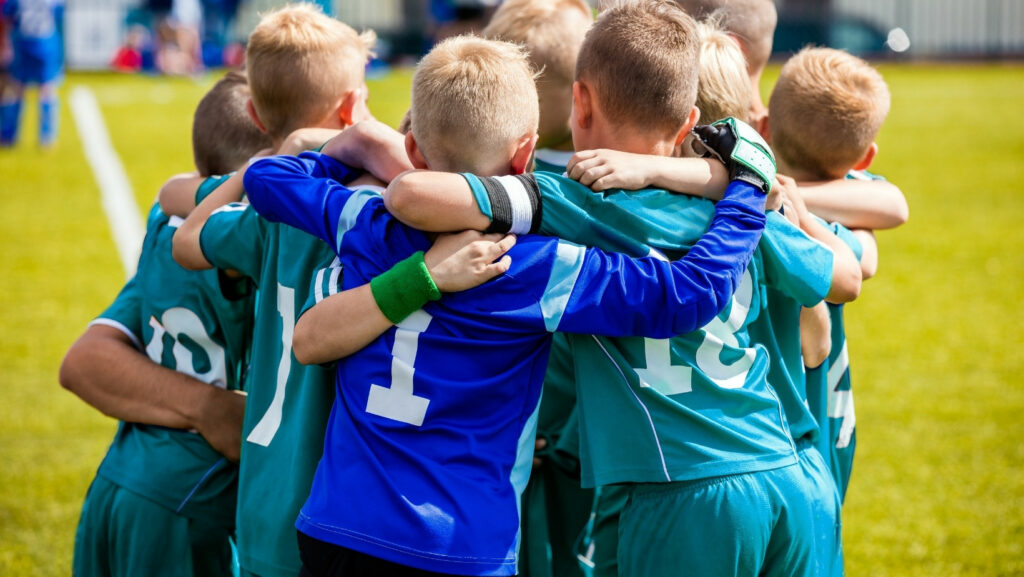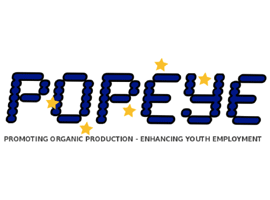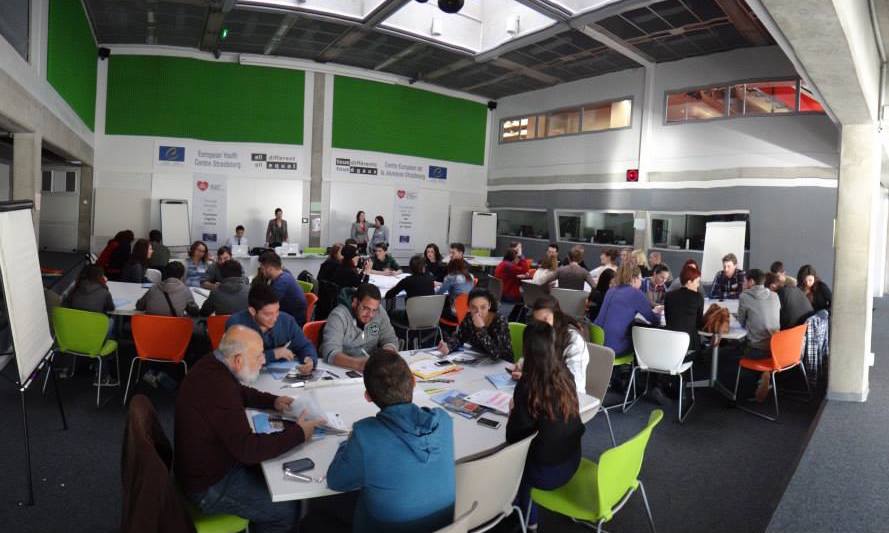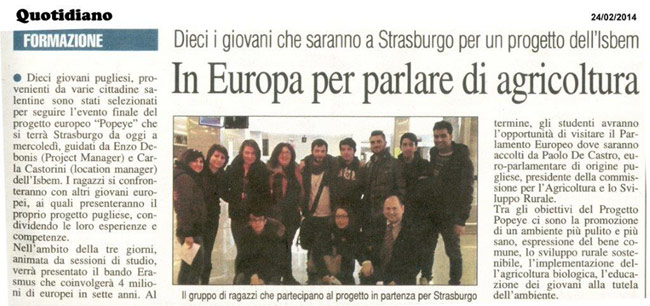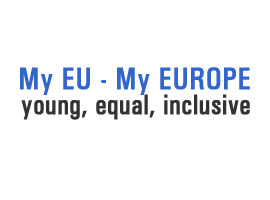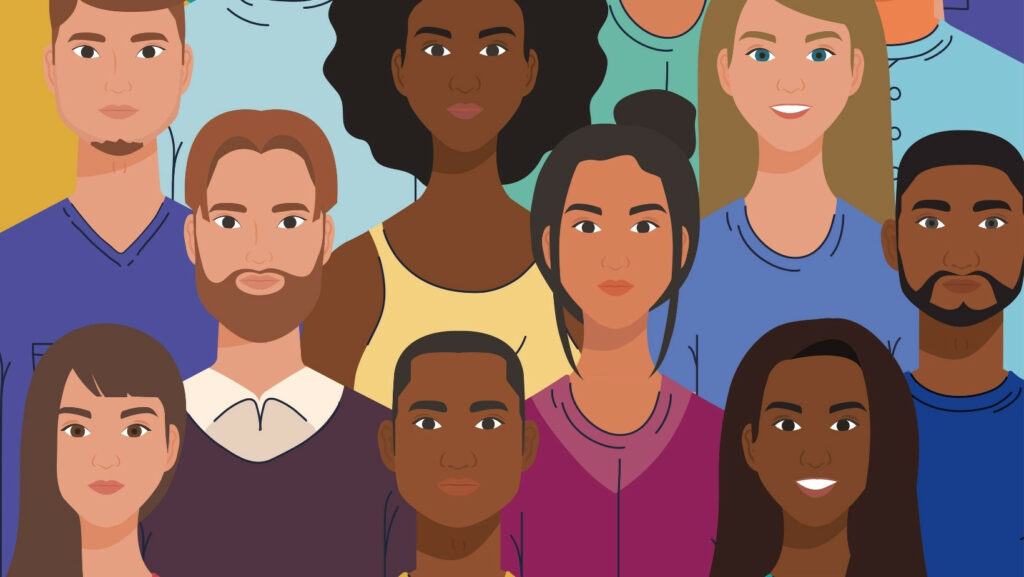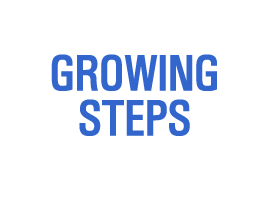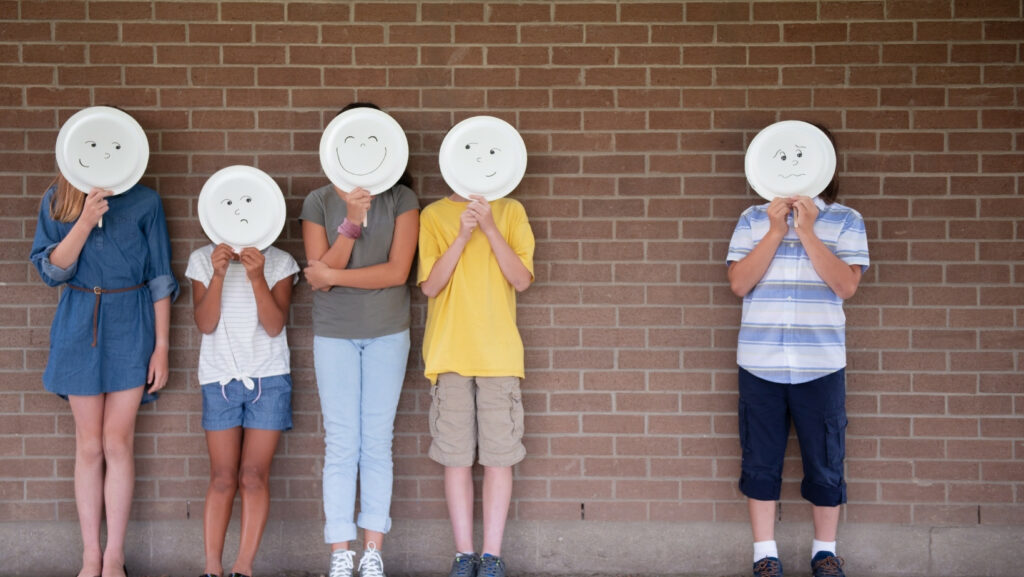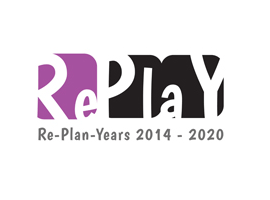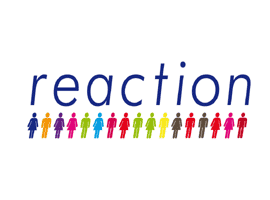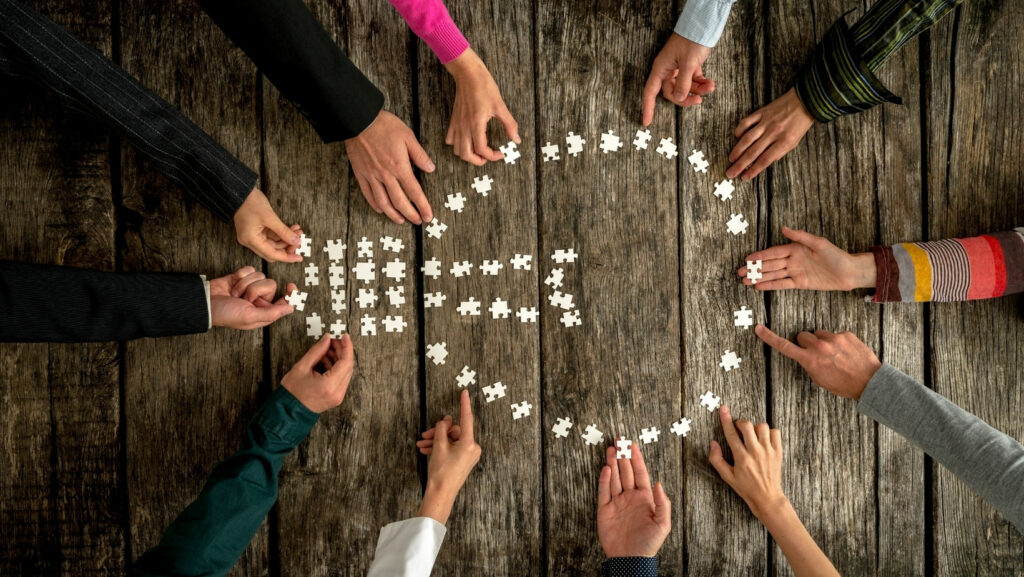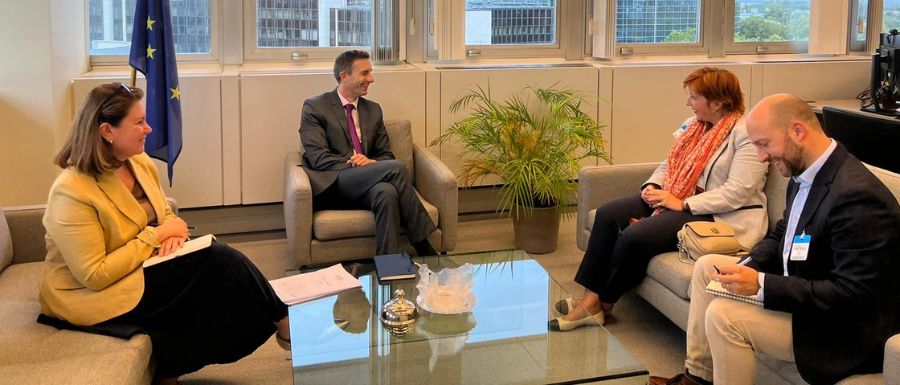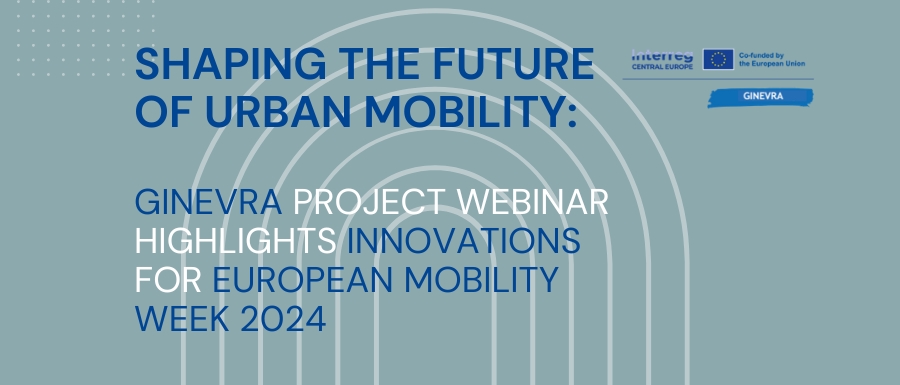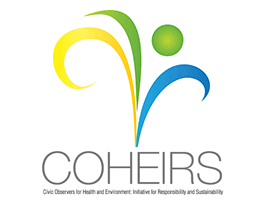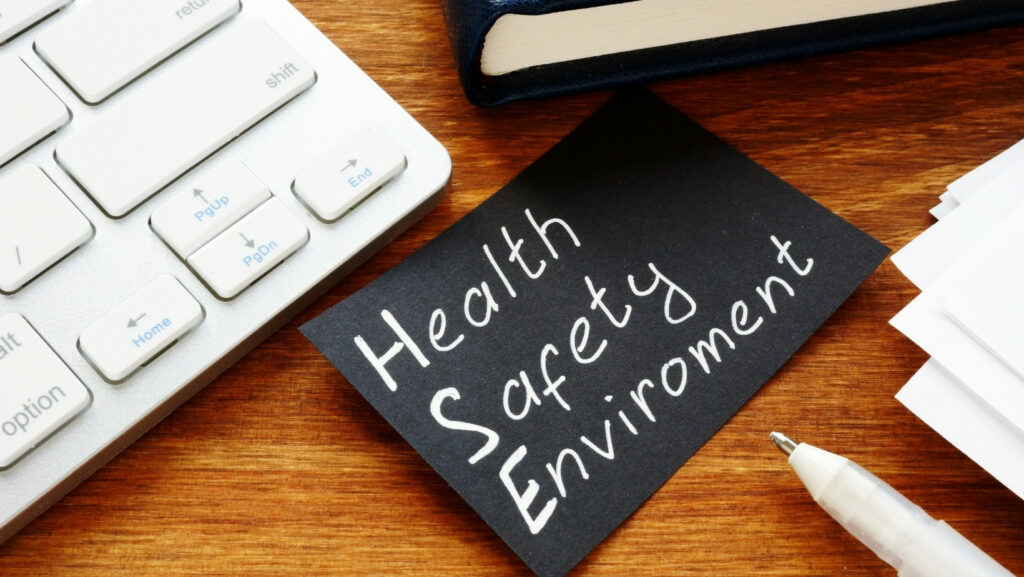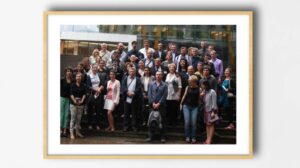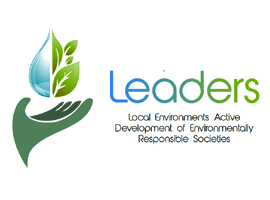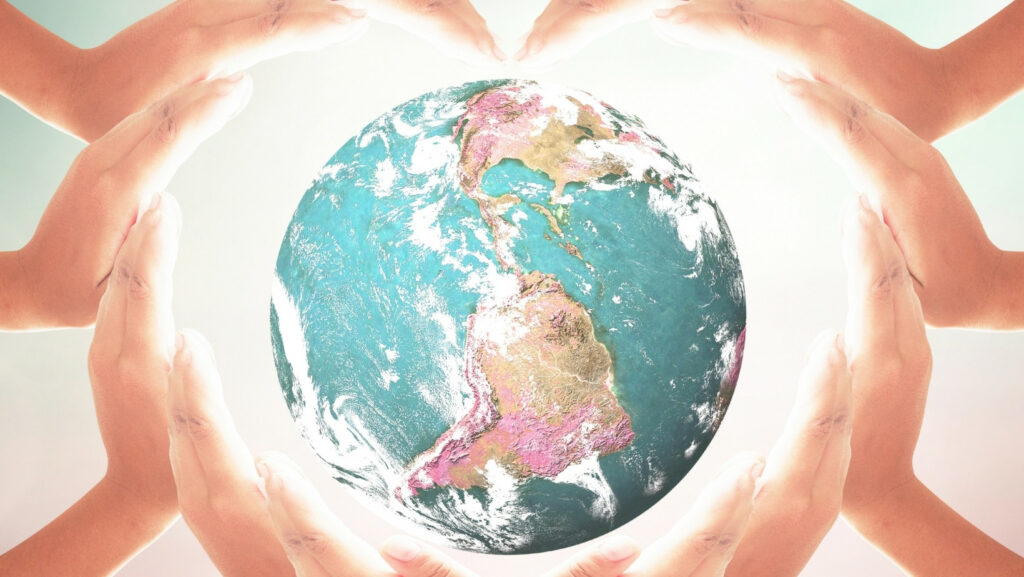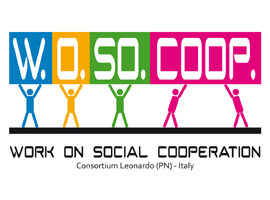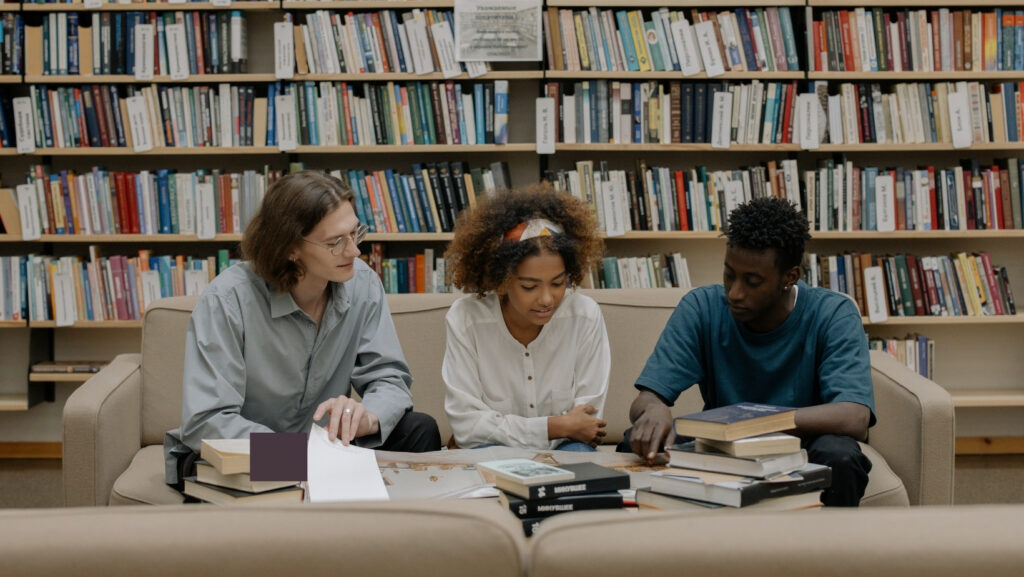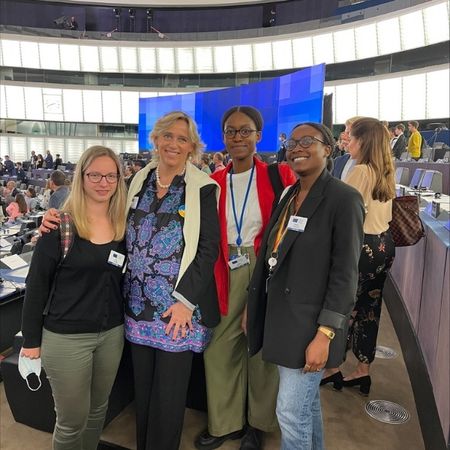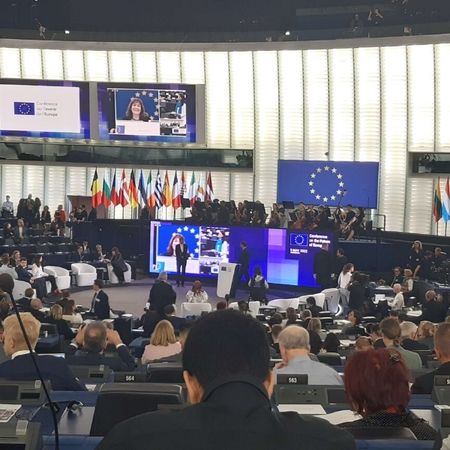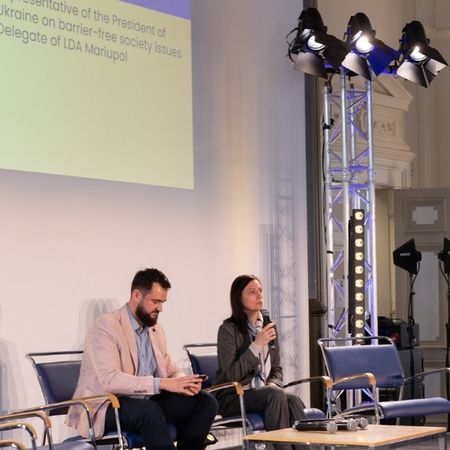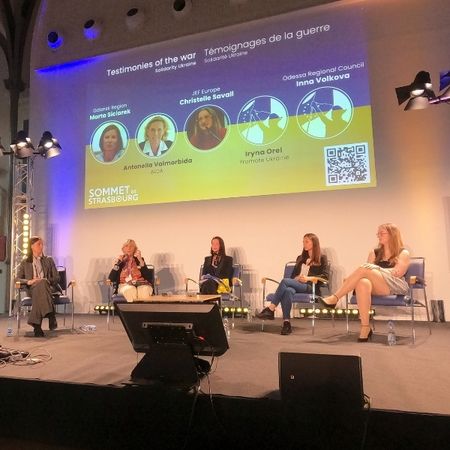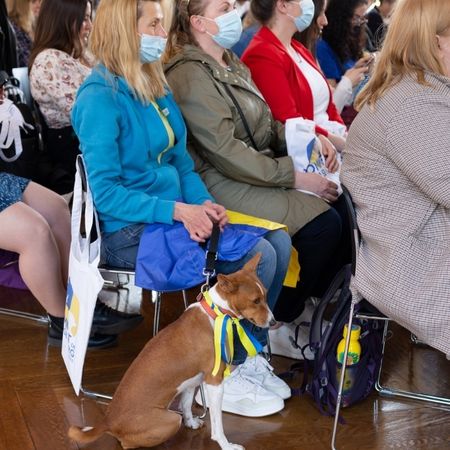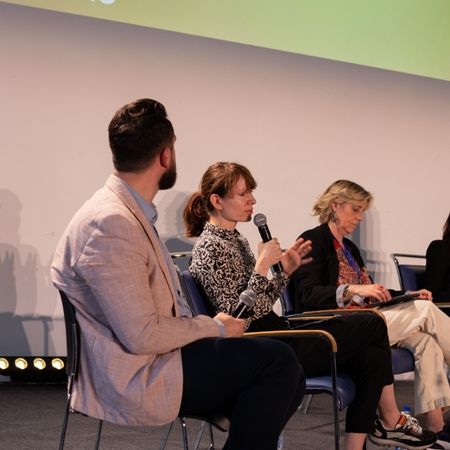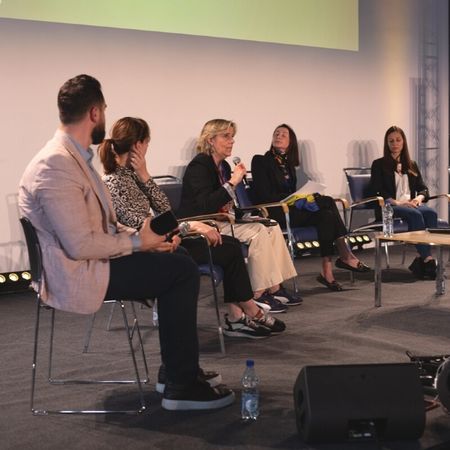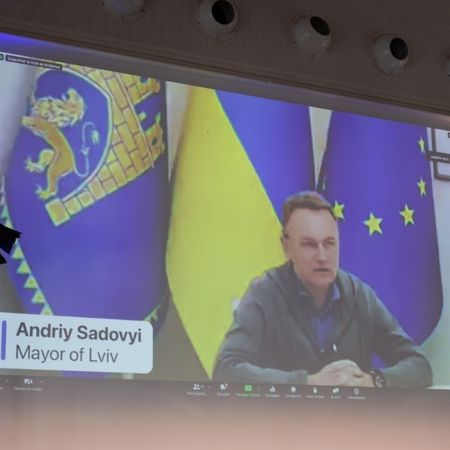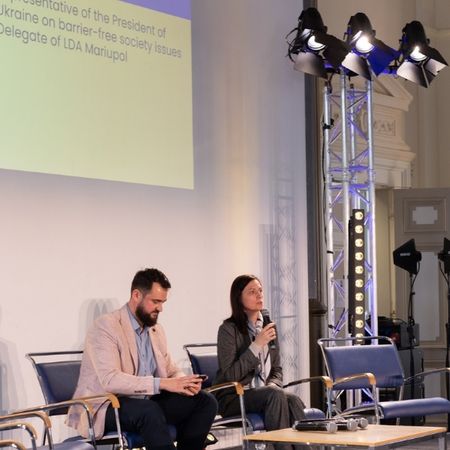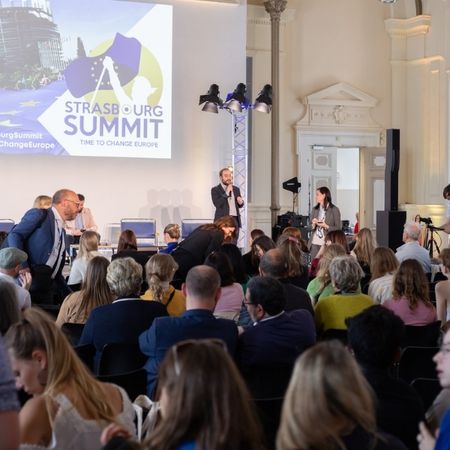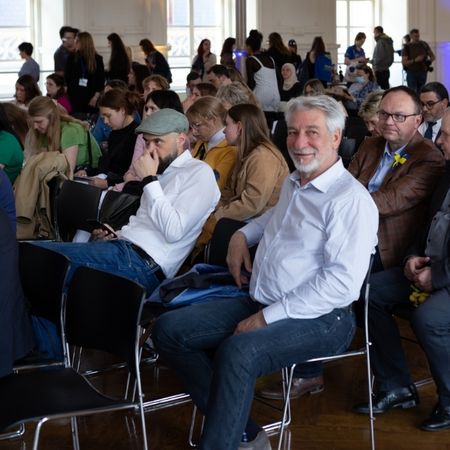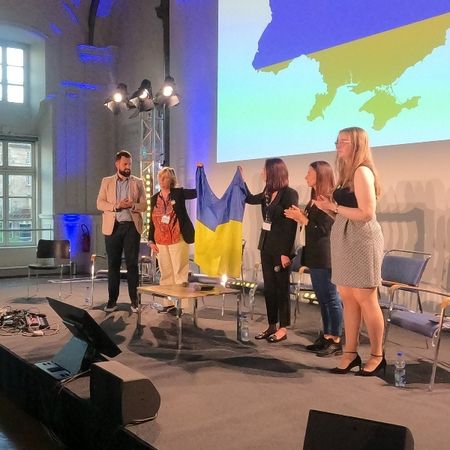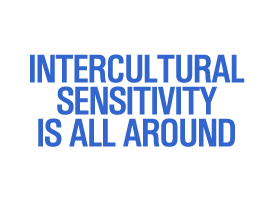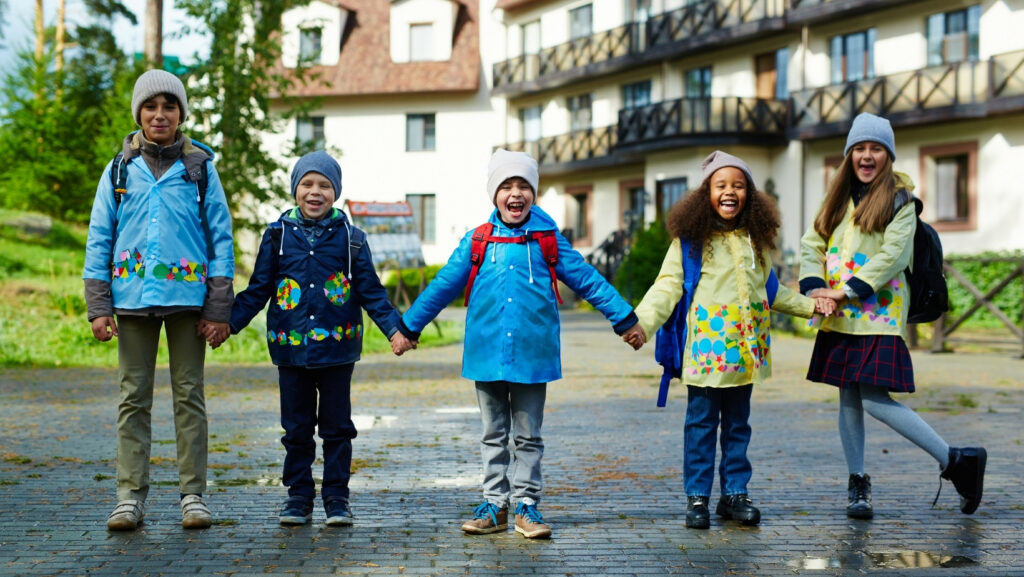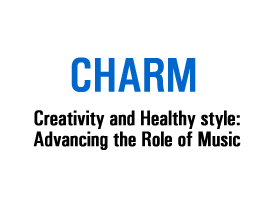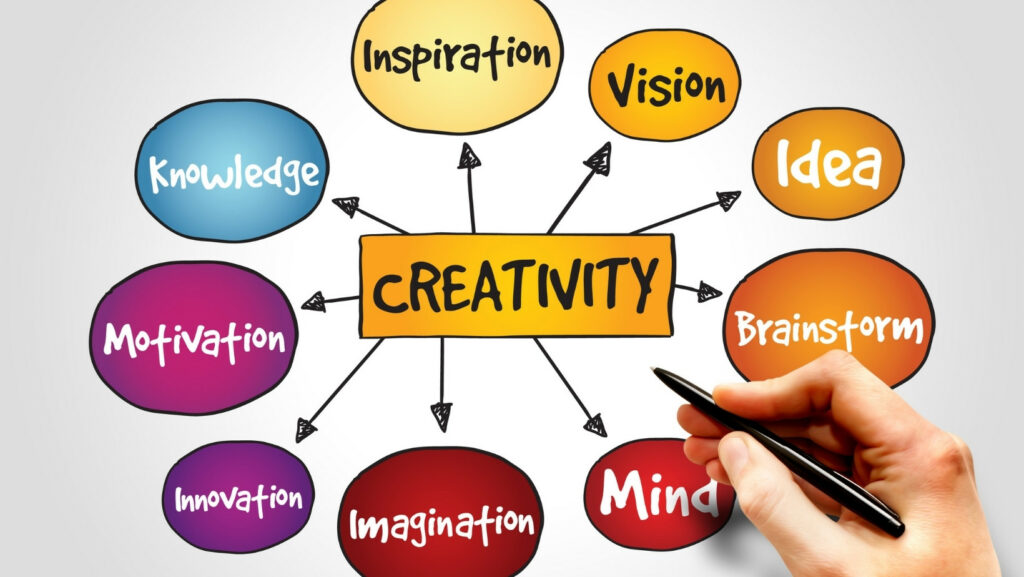A sunny Strasbourg welcomed the Governing Board members, the delegates of the Local Democracy Agencies (LDAs), members and colleagues of ALDA for the Association’s most important event of the year, ALDA General Assembly 2022, and related events.
Indeed, from May 5th to 7th, the network of ALDA gathered together, for the first in-presence Assembly since 2019, for 3 days of conferences, trainings and round-tables, culminating on 6 May 2022 with the ALDA General Assembly, entitled “Supporting Local Democracy, Supporting Peace and Resilience”.
Moreover, this 3-day occurrence took place within the framework of the Strasbourg Summit, underlying ALDA’s involvement and commitment in the Conference of the Future of Europe and its follow-ups.
No words can explain the thrilling and enthusiastic atmosphere of the moment, smiling faces and happy chats all over the hall of Region Grand-Est Headquarters, main venue of the Assembly. The conclusion of the Conference on the Future of Europe and the current war in Ukraine were not only at the centre of the Assembly, but also among colleagues, friends and delegates’ topics of discussion.
Gathered all together in the Hemicycle room, Mr. Oriano Otočan, President of ALDA, posed a question to the whole audience: “who would have said that a city in Ukraine, where ALDA established the Local Democracy Agency, would become a symbol of resistance to terror?” Nobody could answer. Nobody has an answer to it. Nonetheless, President Otočan recalled that “the first Local democracy agencies were established in the former Yugoslavia following the war period as a support of the Council of Europe for the establishment of peace, tolerance, and the democratic development of the society at the local level”. There is, in other words, a peaceful answer to war times as demonstrated by the history of ALDA itself.
As recalled by President Otočan there is a peaceful answer to war times as demonstrated by the history of ALDA itself, in its path towards democracy and resilience
The necessity of peace, and support to civilians in Ukraine was expressed by Mr. Christian Debève, Regional Councillor and President of the Cross-Border Outreach, Europe and International Relations Commission, Region Grand Est; while Gilles Pelayo, Head of Unit of the programme Europe for Citizens Education, Audiovisual and Culture Executive Agency (EACEA), stressed how “ALDA is a strategic partner in working with the civil society and for its participation” especially in these hard times.
Similarly, Ms. Martine Dieschburg-Nickels, Vice-President of the Congress of Local and Regional Authorities of the Council of Europe, underlined how the commitment and work of the Congress and that of ALDA are both directed to provide solutions and answers to overcome this crucial period “characterised by multiple crises on the European continent and worldwide”. Among them the one of the environment is definitely a crucial one as well. Thus, Mr. Thibaut Guignard, Mayor of Ploeuc-l’Hermitage, President of Leader France, by mentioning the “Climate of Change” project as a positive initiative, further called for the necessity of coherent and united actions within this framework.
Environment, democracy, human rights were at the heart of the initiatives that ALDA has developed within the Conference on the Future of Europe platform in order to animate it, involving youths and people to join this bottom-up exercise, while sending clear messages to the institutions. Thanks to this effort, as well as the role of Ms. Antonella Valmorbida, in the Civil Society Convention on the Conference on the Future of Europe, ALDA during the 2021 has always worked in order to make people’s voices heard, calling for a Europe closer to its citizens.
Coherently with its mission in promoting democracy, and protecting human rights, while considering the deep and strong bond that ALDA has with its LDAs, and considering its commitment in providing assistance to Ukraine, Ms. Tetiana Lomakina, delegate from LDA Mariupol, has been appointed as Chair of the 2022 Assembly. This decision brought the audience to its feet, for a moment of profound emotion. Being closer to people, showing support to Ukraine can be understood and carried out in several ways. Appointing Ms. Lomakina as Chair definitely stressed the will of the Association to further work closely and hand in hand with colleagues from the LDAs and friends in Ukraine: together calling for a peace.
Listening to inspiring speeches, learning from the experiences and expertise of other institutions and Local Authorities marked an occasion for the audience, and guests to gain a broader knowledge on the surrounding realities as well as possible and potential solutions.
As previously mentioned, the ALDA General Assembly, as is customary, includes a series of related events, this year focusing on the environment, within the Climate of Change project, and on Solidarity with Ukraine, together with EPIC project partners, JEF Europe and within the Strasbourg Summit.
***
Events related to the General Assembly
- Climate of Change and the role of youth
- Solidarity with Ukraine
